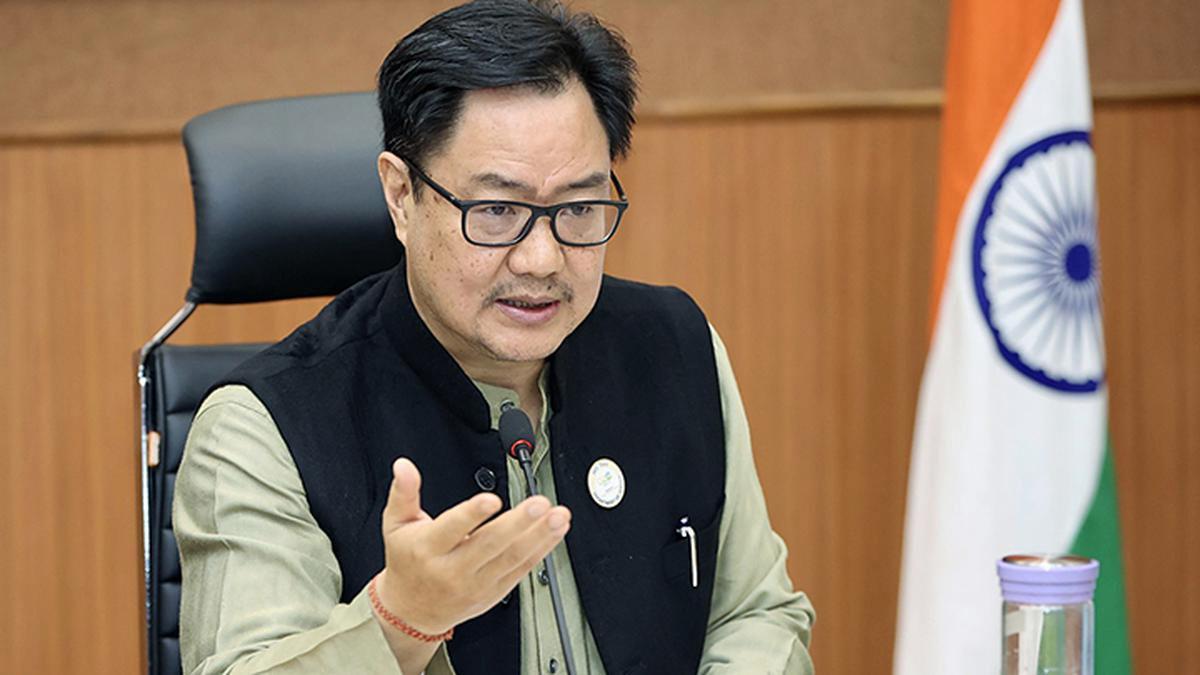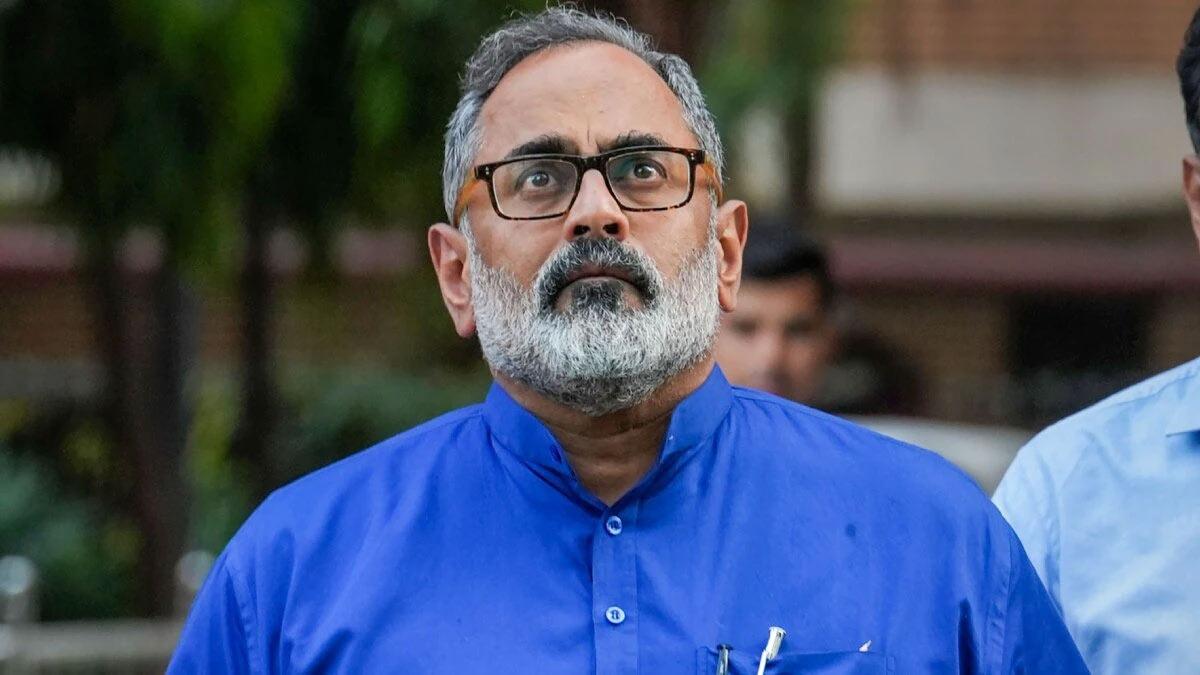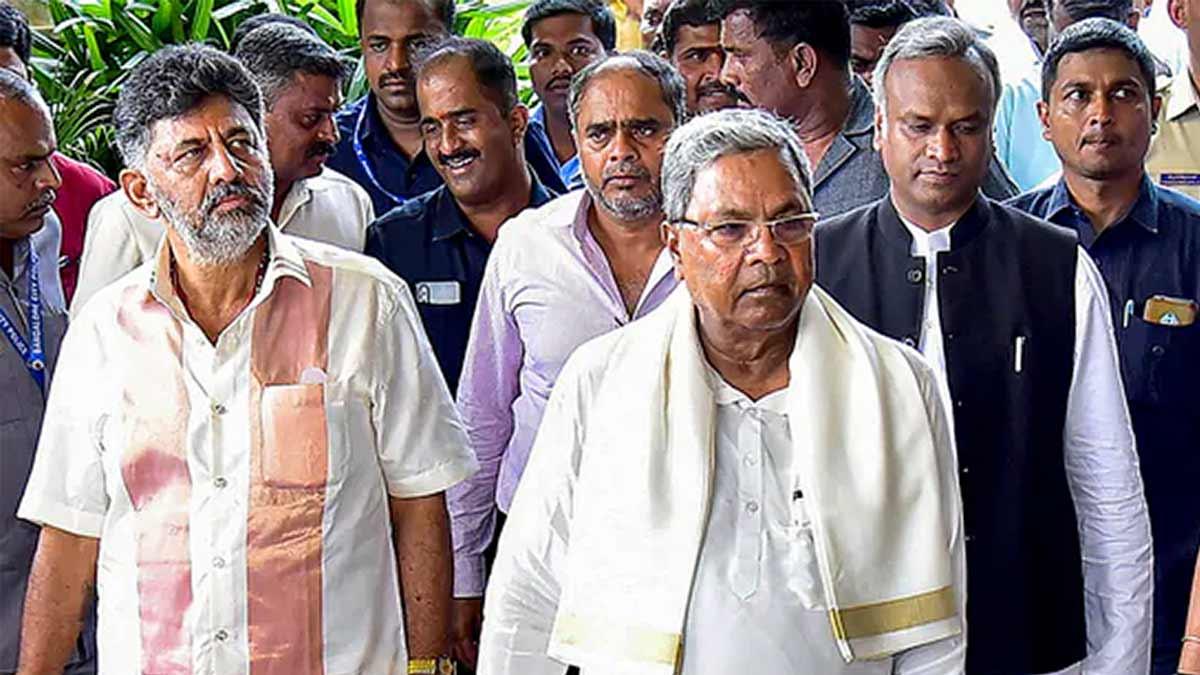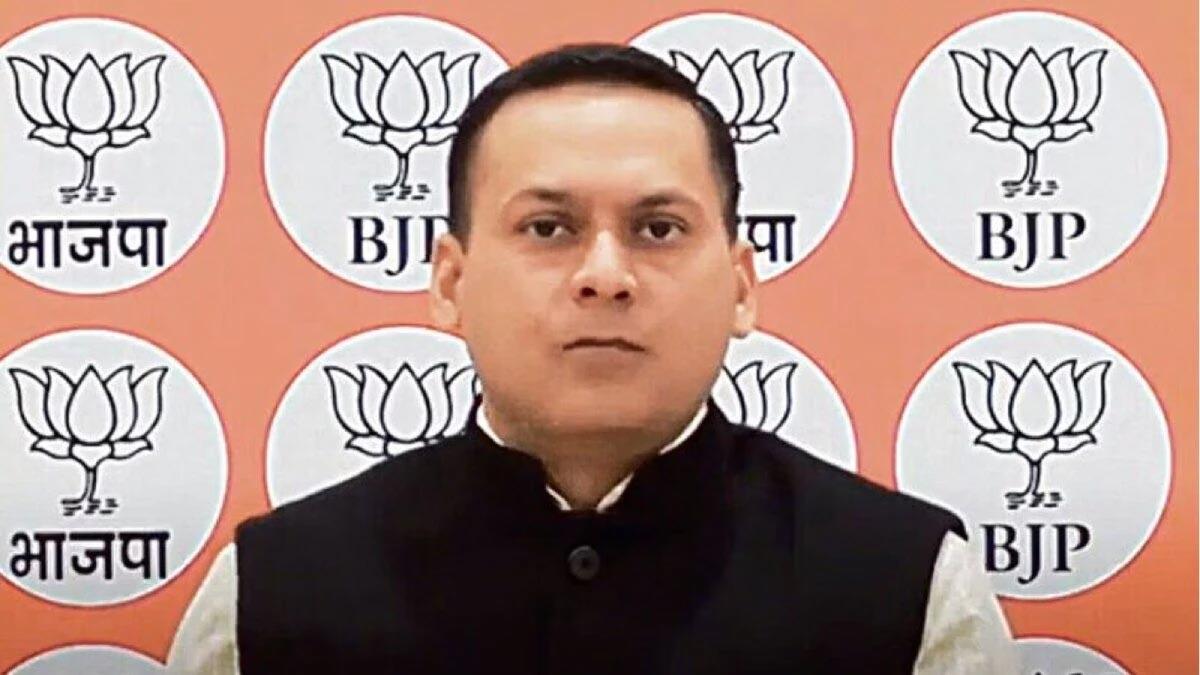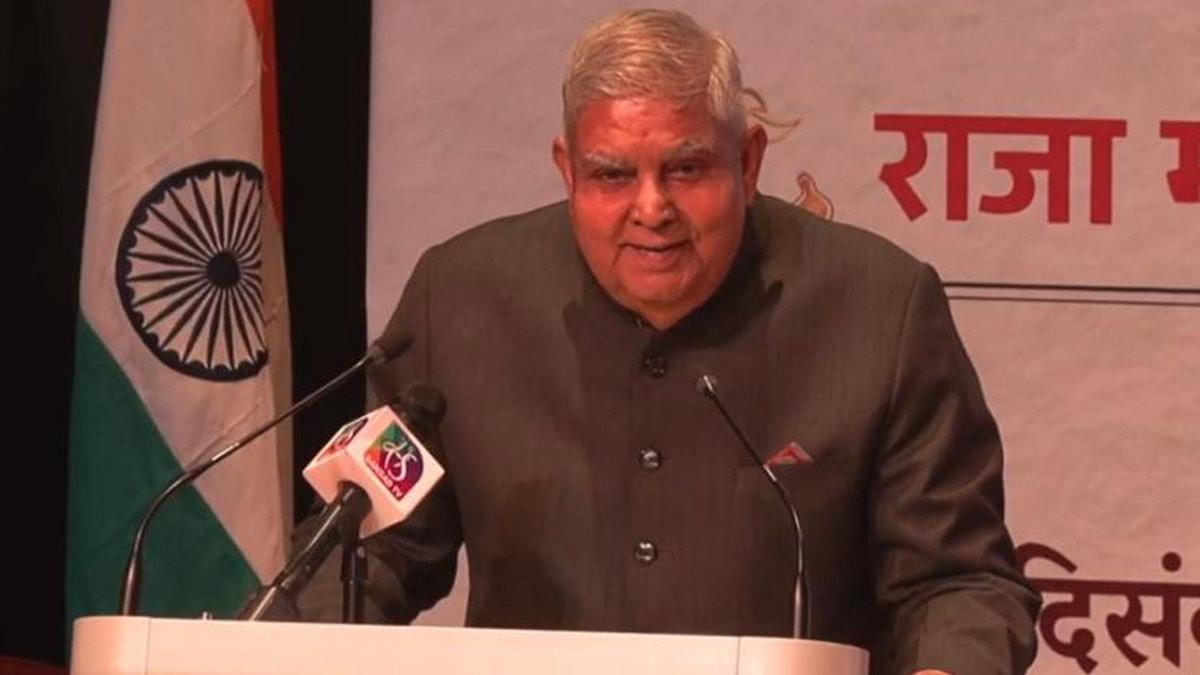Union Parliamentary Affairs Minister Kiren Rijiju brought the Waqf (Amendment) Bill to the Lok Sabha on Wednesday despite strident protests by the Opposition. The House granted eight hours to discuss the Bill, with a chance for its extension.
The Opposition blamed the government for rushing the legislation in Parliament without giving sufficient time for amendments. They claimed that the Bill was suddenly brought before them, restricting their capacity to read and suggest changes. Rijiju earlier in the day had described the event as "historic," highlighting the importance of the Waqf Amendment Bill 2025.
Rijiju emphasized that the suggested amends to the Waqf Act of 1995 are in the country's interest, specifically for the Muslims, women, and the children. Speaking to the media prior to the parliamentary session, he said, "Today is a historic occasion as we move the Waqf Amendment Bill 2025 in the Lok Sabha. This Bill is in the national interest and not in the interest of millions of Muslims alone but the whole country. Our government remains committed to endeavors that raise the nation, particularly marginalized sections of society, such as poor Muslims, women, and children. Those who are opposing it are doing so with political motives. I will go into details about my points of argument in the House."
The amendments proposed in the Bill seek to resolve the current issues of Waqf property management throughout India. The Bill is trying to make the Waqf Boards more efficient by rationalizing their operations. The Union government had previously made an announcement on Tuesday that the Bill would be introduced in the Lok Sabha soon after Question Hour, followed by a detailed debate.
This Bill follows on from earlier legislative attempts, such as the 2024 Waqf (Amendment) Bill and the Mussalman Waqf (Repeal) Bill, which had similar purposes. Although the government is hopeful of obtaining widespread political support, the Bill has been opposed from many directions.
Senior lawyer and ex-Union Law Minister Kapil Sibal severely criticized the government's handling of the Waqf Bill, alleging that it was selectively targeting a specific community for political mileage. Addressing the media prior to the introduction of the Bill, he claimed that the BJP government had one agenda—to isolate and harass Muslims.
Sibal referred to a range of policies, such as the Uniform Civil Code (UCC), 'love jihad' legislations, and the application of bulldozer justice, as part of a larger strategy to target the Muslim community. He also contended that the upcoming vote on the Waqf Bill would reveal which political parties are secular and which function with a biased agenda.
"It is to be seen how Nitish Kumar, Chandrababu Naidu, and the party of Chirag Paswan, allies of the BJP, will react to the Bill. JD(U) might storm out on grounds of electoral strategy before the Bihar assembly polls, and LNJP might take a similar approach to assist the BJP in the game of numbers," Sibal guessed. "The TDP has objected to a provision giving district collectors powers to decide the character of land, but their opposition till now has been inadequate."
Sibal, the senior legal expert, also targeted the Modi government for its failure to bring in reforms within Hinduism. Sibal asked, "Why is Prime Minister Modi silent when religious minorities are attacked? Why hasn't his government spoken about reforms within Hindu traditions? Under the Hindu Code Bill, women are regularly deprived of property rights because of certain wills. How is this fair?"
Although commending the abolition of triple talaq as a positive development, Sibal emphasized that reforms should be applicable to everyone, not selectively. "Reforms should hold across all communities, not only one. Focusing on one community goes against democratic and constitutional norms," he stated.
He criticized the presence of people from diverse religious backgrounds within Waqf Boards, casting doubts on the government's intent. He accused PM Modi further of not coming through on high-level promises he made, averring that good governance has taken a back seat to divisive factors like UCC and love jihad.
"Why have critical concerns like smart cities, climate change, and economic development been taken a backseat?" Sibal asked. "Religion-based politics will not bear fruit; it will only breed hatred, create chaos, and erode constitutional values."
Read also| Lok Sabha Erupts as SP Leads Opposition Protest Against Waqf Bill

